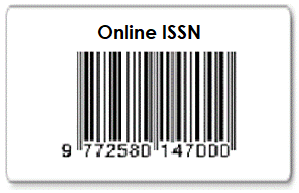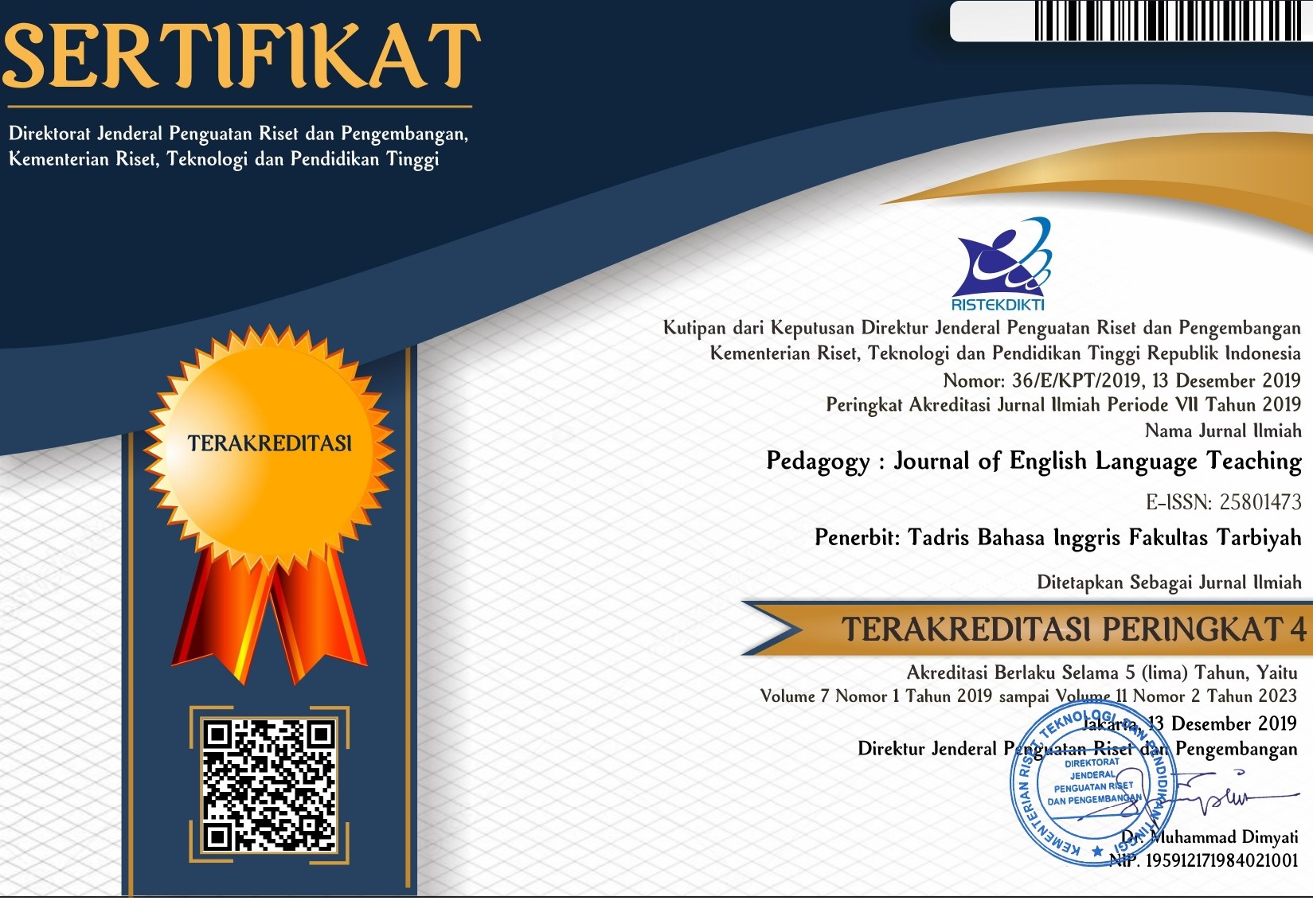The Effective 21st-century Pedagogical Competence as Perceived by Pre-service English Teachers
DOI:
https://doi.org/10.32332/pedagogy.v8i1.1953Abstract
As teaching is considered as a lifelong process, teachers should always intend to develop themselves to be able to effectively conduct the teaching and learning process. This study aimed at exploring the view of pre-service English teachers towards the effective 21st-century teachers’ pedagogical competence and how they develop their pedagogical competence for their future teaching. The data were obtained through interviews and questionnaires. The study was qualitatively conducted as a case study by involving 12 pre-service English teachers purposively chosen due to their familiarity with the study issue. The results indicated that in terms of 21st-century education, the participants perceived that the pedagogical competence focused on teachers’ capability of integrating the technology in classrooms and teachers’ ability to exploit adjusted methods and materials which furnish students with skills appropriate to their future real-life careers. Further, there were eight very crucial traits of effective 21st-century pedagogical competence perceived by the participants. They were extended to; facilitating and inspiring students to learn creatively, utilizing, designinReferences
Downloads
Published
2020-05-19
Issue
Section
Articles
















